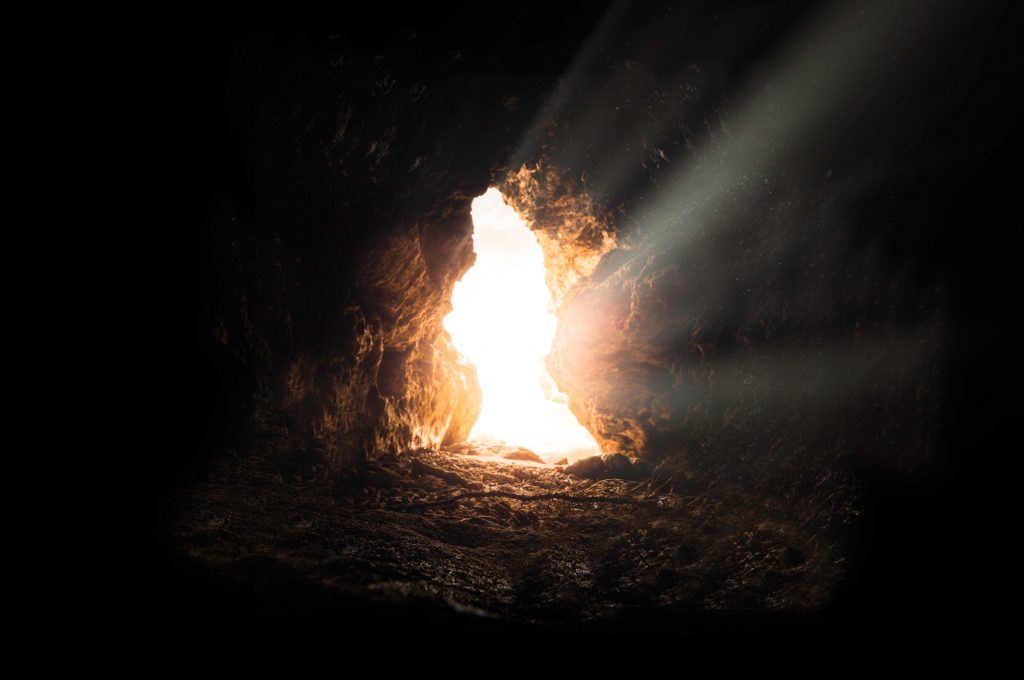
We’ve noted that some people resist committing to a local church, and I think we’ve demonstrated that their reasons for doing so are short-sighted. Even in a broken world with broken institutions full of broken people, surrounding yourself with your fellow travelers—and committing to them—is not only worth it, but it’s a mark of personal and social health.
So why get involved? Several reasons.
First, social health. It really isn’t good for man—male or female—to be alone. Sure, there are introverts, and they’re not weird or antisocial or dangerous. But introversion and isolation are not the same thing, and we all need healthy relationships with other people. It broadens our outlook, it imports a wealth of experiences and wisdom, and it keeps us normal.
But there are reasons beyond that. Any old social club can broaden your outlook. What else?
Committing to a local church connects you with other believers—fellow travelers, as I called them above—and those connections are part of God’s plan for your spiritual growth. When you were converted, you didn’t just find the fire escape from hell; you began a life-long process of spiritual growth, of increasing Christ-likeness, superintended by the Spirit of God himself (2Co 3.18). He uses various instruments to keep you climbing that mountain—the Scripture (Ac 20.32), prayer (Heb 4.18), and interaction with other believers (Eph 4.29). As your fellow believers interact with you and exercise their spiritual gifts on your behalf, you’re going to be helped, even propelled, on your trek up that mountain. I could use the help; couldn’t you?
If you won’t commit to a local assembly of believers, chances are that you’re losing battles in your mind and in your home because you’re trying to fight alone, and you’re getting outflanked every day. And chances are that you’re not that serious about studying your Bible—really getting into it up to your eyeballs, and applying every day the things that you’re learning there. And chances are further that prayer isn’t that a big a deal to you—or that it doesn’t seem to be making a genuine connection.
The means of grace matter. And the assembly is one of them.
One more benefit of committing—and here I mean committing specifically by becoming an official member.
You ought to join your church because if you don’t, you can’t get kicked out.
Well, that was blunt. Perhaps I should explain.
An important part of your soul care, endorsed and even commanded by Jesus himself, is accountability to the fellow believers who know you best—your local assembly. When you’re headed for trouble, God’s plan is that you’ll be surrounded by people who know God and who love you and who are willing to invest the time necessary to see to the care of your soul. I’m not talking here about busybodies or snoops or gossips; I’m talking about people who genuinely love you and are ready to sacrifice their time, their money, their prayers, and their energy for your good. Maybe they’ll do that by helping you move, or cooking you a meal or three, or watching your kids when you have to go to the doctor. But one of the ways they’ll do that is by lovingly encouraging you to walk with them on the road to Christ-likeness. They’ll tell you, lovingly and graciously, when you’ve said or done something you shouldn’t. They’ll forgive you when you apologize; they’ll pray with you even if you’re crying and the whole thing is really awkward. And they’ll love you through it all.
Jesus said that if the church does that, and the sinning person (you, in this instance) will not repent, they slowly ratchet up the pressure until you do the right thing and have peace restored to your soul. And if you still resist, they are to remove you from the church as a way of increasing pressure on you to repent—even as they long and pray that you will repent and be restored to fellowship.
But if you’re not a member, they can’t kick you out. By not joining, you’re depriving God of one of the instruments he uses for your eternal spiritual good.
You’ve left the front door unlocked, and you’re in serious danger.
Don’t do that. Join.
Photo by Francesco Ungaro on Unsplash




